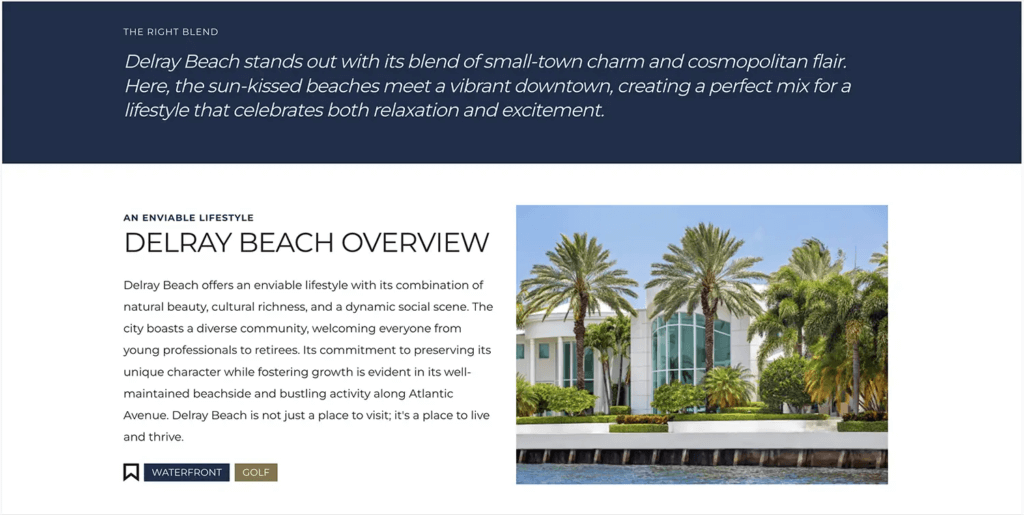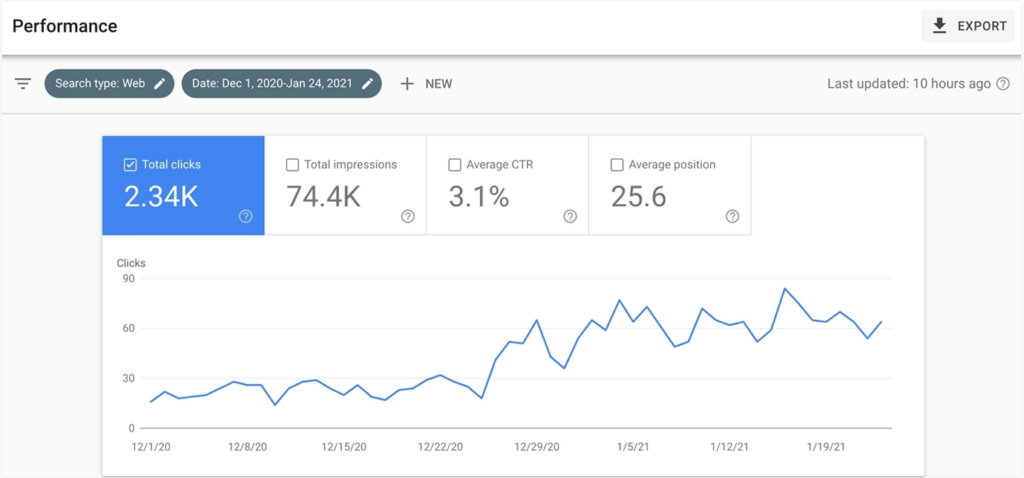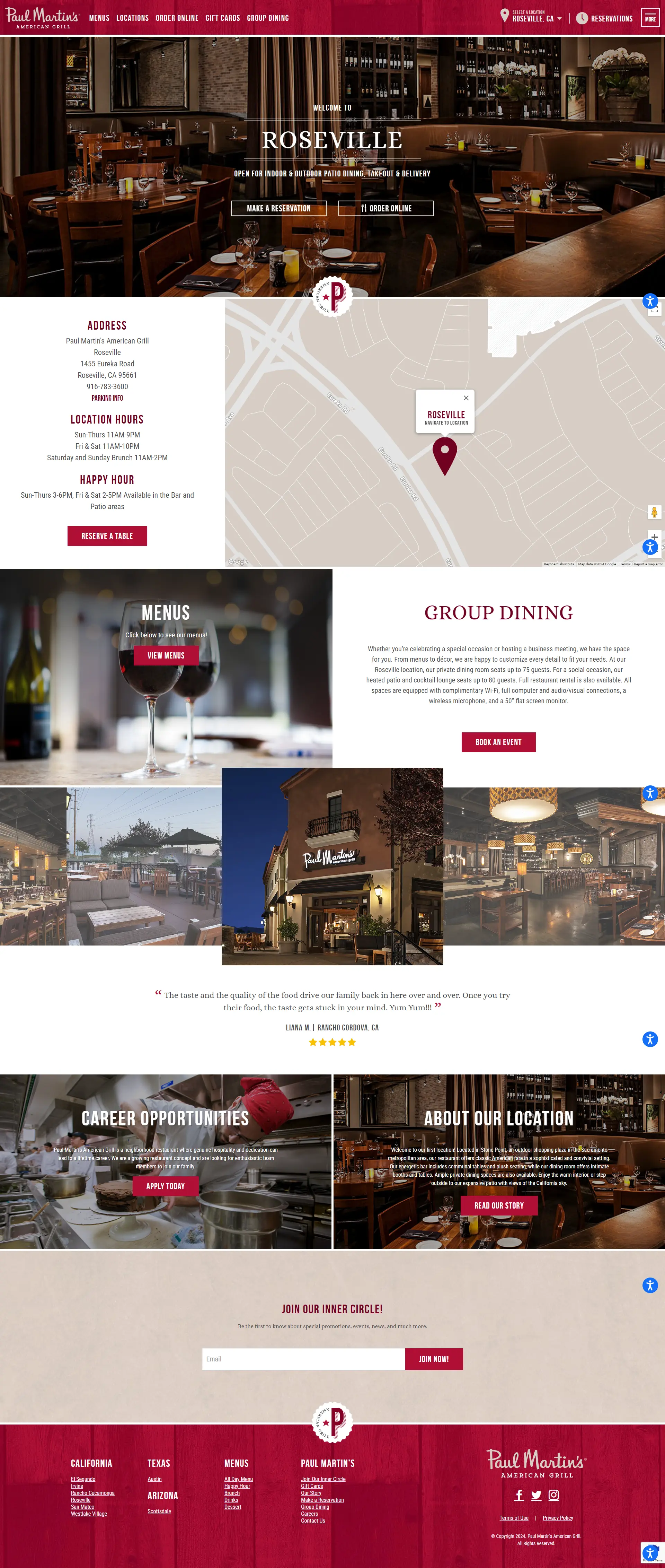Have you ever pondered the optimal amount of content necessary for enhancing your SEO? It’s a common inquiry among those in the real estate sector. Given the significant role content plays in our search engine rankings, is there an ideal quantity we should target?
Navigating Content Volume for Effective SEO
In the realm of real estate SEO, content is king. It’s the engine that drives user engagement, establishes your authority, and channels organic traffic your way. Yet, a lingering question for many, especially in the real estate domain, is the ideal amount of content necessary for optimal SEO impact. What is the right amount of content that strikes a balance between enhancing SEO and achieving top rankings on search engines like Google? This dilemma is common among website owners and marketers in the real estate sector, seeking the sweet spot in content creation.
Prioritize Your Audience
The mantra here is simple: quality over quantity. Generating content merely to hit a numerical target can alienate your audience and, counterintuitively, diminish your SEO efforts. The goal should be to provide content that is both meaningful and useful to your audience, addressing their specific needs and piquing their interest. Tuning into your audience’s preferences and tailoring your content accordingly can lead to more engaging and impactful results.
Search engines are designed to reward content that offers a superior user experience. If your content consistently engages and satisfies your audience, it’s likely to be recognized and rewarded by search engines. Placing your audience’s needs at the core of your content strategy not only bolsters your SEO but also strengthens your connection with your audience, emphasizing the importance of content value over sheer volume.

Refreshing Existing Content vs. Crafting New Pieces
A key strategic decision in content management is whether to update existing content or create new articles. This is a common challenge, especially when the subject matter has limited scope for new information. In such instances, revitalizing an existing piece can be a wise choice, helping to prevent content duplication and ensuring your audience has access to the most current information, without overcrowding your site with repetitive content.
Conversely, if you have new insights or perspectives to share, producing fresh content can be beneficial. New content can highlight your expertise and dedication to providing value, enhancing your credibility and engaging your audience more deeply, encouraging them to return for more distinctive insights.

Deciding on Content Length
When contemplating the choice between long-form and short-form content, the key consideration should be the content’s purpose. There’s no one-size-fits-all answer regarding the optimal length for SEO, as it varies based on the content’s goals and the audience’s needs.
Long-form content is ideal for covering complex topics in depth, allowing for a thorough exploration and establishing your authority in your field. Meanwhile, short-form content is best for quickly and succinctly communicating information, making it easily shareable and accessible. Regardless of length, focusing on the content’s substance and relevance is crucial to engaging your audience effectively and achieving your objectives.
Evaluating Content Performance Assessing your content’s impact involves more than just counting views. Analyzing metrics such as bounce rate, click-through rates, session duration, and unique visitor counts can offer valuable insights into how your content resonates with your audience. Tools like Google Search Console and Google Analytics are instrumental in this process, providing data that can inform content strategy adjustments and enhance the user experience, thereby supporting your SEO efforts.

Summary
For SEO-centric content creation, the emphasis should be on delivering quality over quantity. Specializing in crafting content that meets the specific needs of your audience and aligns with your SEO objectives can lead to improved engagement and better search engine rankings. By focusing on providing valuable and relevant content, you can achieve significant gains in both user engagement and SEO success.















